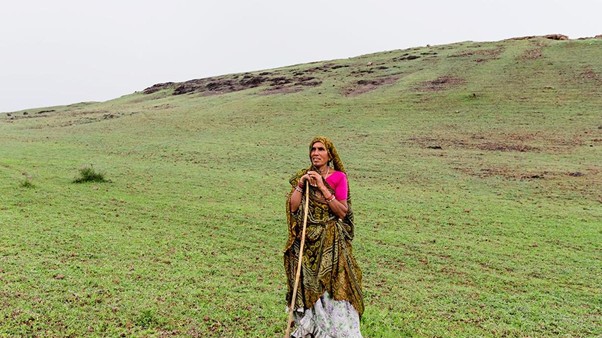



Researchers from the Zoological Survey of India (ZSI) have identified 23 species of blood-sucking flies, including 13 new to the country, in the Andaman and Nicobar Islands. Among these, some species of Culicoides midges are significant as they carry the Bluetongue virus, a threat to livestock. ZSI, established in 1916, conducts vital research on India’s diverse fauna.

Disclaimer: Copyright infringement not intended.
Researchers from the Zoological Survey of India (ZSI) have identified 23 species of blood-sucking flies, 13 of them recorded for the first time in the country, in the Andaman and Nicobar Islands.
Aspect |
Details |
|
Genus |
Culicoides |
|
Local Name |
Sady Bhusi |
|
Appearance |
Tiny insects similar to flies, closely related to mosquitoes in feeding habits |
|
Food Habits |
Feed on the blood of farm animals (sheep, goats, cattle) and wild animals (deer) |
|
Significance |
Five species carry the Bluetongue virus, potentially fatal to livestock |
|
Bluetongue Symptoms |
Bluetongue, fever, facial swelling, excessive salivation |
|
Potential Outcome |
Death of affected animals, a significant threat to livestock and the agricultural economy |
|
Human Bites |
17 of the 23 identified species bite humans, but no transmission of the disease to humans was recorded. |
|
New Species Recorded (2022-2023) |
C. barnetti, C. gouldi, C. flaviscutellaris, C. flavipunctatus, C. hui, C. histrio, C. guttifer, C. perornatus, C. okinawensis, C. quatei, C. obscurus, C. coronalis, C. kusaiensis |
|
Total Indian Species |
93 valid species |
|
Animal Health Importance |
Many species are confirmed or potential vectors of important animal health pathogens. |
It is an infectious, non-contagious viral disease transmitted by vectors.
Symptoms: Blue discoloration of the tongue, fever, swelling of the face, and excessive salivation.
Causes: Potentially fatal in affected animals.
It represents a significant threat to livestock breeding and the agricultural economy. It affects people too.

The Zoological Survey of India (ZSI), a subordinate organization of the Ministry of Environment and Forests, was established in 1916.
It is a national center for faunal research and resource exploration leading to the development of knowledge about the country's exceptionally rich faunal diversity.
It has its headquarters in Kolkata and 16 regional stations located in different geographical locations of the country.
Source:
|
PRACTICE QUESTION Q.Consider the following statements regarding the Culicoides (Midges):
How many of the above statements is/are correct? A) Only one B) Only two C) All three D) None Answer: C Explanation: Statement 1 is correct: Culicoides species are related to mosquitoes and feed on the blood of farm animals (sheep, goats, cattle) and wild animals (deer). Statement 2 is correct: Five species of Culicoides carry the Bluetongue virus, which is potentially fatal to livestock and causes symptoms like fever, facial swelling, and excessive salivation. Statement 3 is correct: While 17 of the 23 identified species bite humans, there has been no recorded transmission of disease to humans. |







© 2025 iasgyan. All right reserved